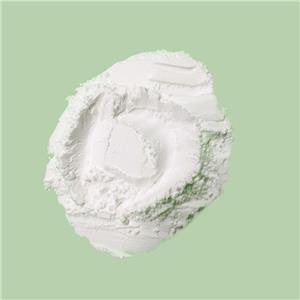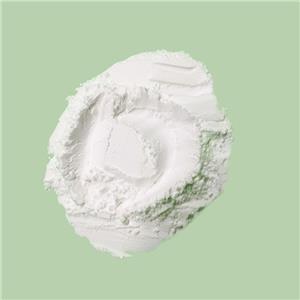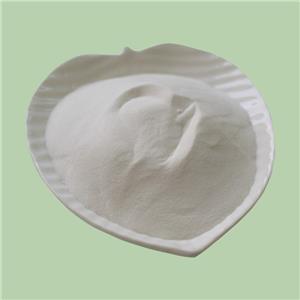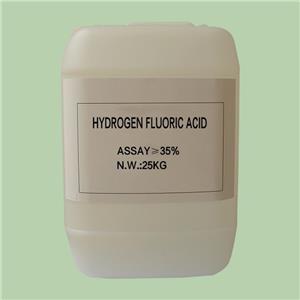Enhancing Gypsum Performance with Zinc Fluorosilicate Additives
Zinc fluorosilicate, a composite compound comprising zinc, fluorine, and silicon, manifests as a fine white powder. Its primary role lies in serving as a zinc source across an array of industrial domains, with one of its most notable applications residing within the gypsum industry.
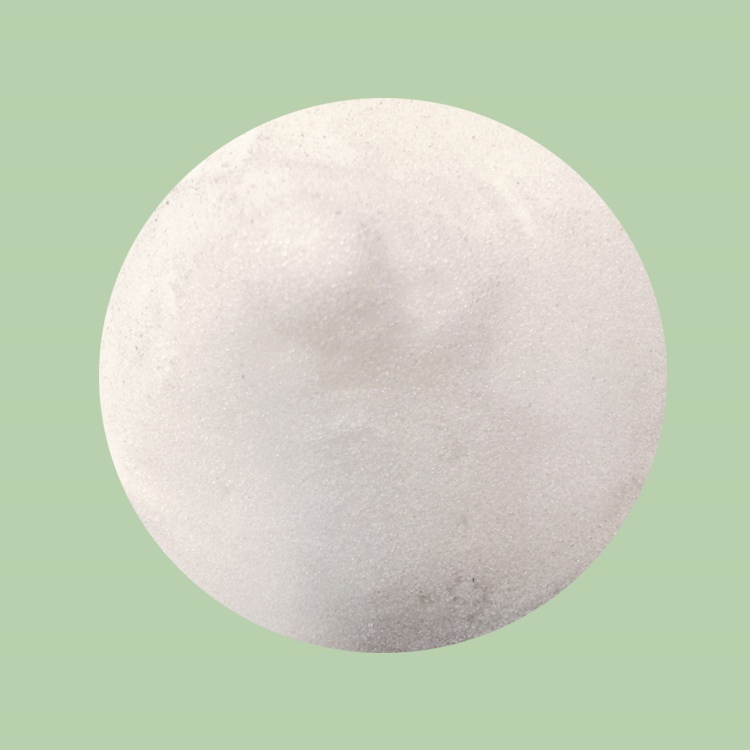
Gypsum, also recognized as calcium sulfate dihydrate, stands as a ubiquitous mineral within construction materials. Originating from the hydration of anhydrite, a variant of calcium sulfate, gypsum transforms upon heating, shedding its chemically bound water molecules. This process, termed "calcination," yields what is commonly referred to as "calcined gypsum" or "plaster of Paris."
Despite its utility, calcined gypsum exhibits a notable drawback: poor water resistance. This limitation often necessitates additional treatment for many applications. Enter zinc fluorosilicate—a key solution to this challenge. When amalgamated with calcined gypsum, zinc fluorosilicate undergoes a chemical reaction with calcium sulfate, resulting in the formation of a complex compound endowed with enhanced water resistance and a spectrum of desirable properties.
The inclusion of zinc fluorosilicate in gypsum offers a myriad of benefits. Notably, the resultant composite demonstrates heightened resistance to water and moisture, rendering it apt for deployment in environments characterized by humidity and water exposure. Moreover, the augmented product boasts superior mechanical strength and durability, surpassing untreated gypsum in longevity and performance.
In the industrial sphere, zinc fluorosilicate plays a pivotal role in gypsum processing, finding widespread application. It serves as a fundamental component in the fabrication of plasterboard—a cornerstone construction material for walls and ceilings. Plasterboard fortified with zinc fluorosilicate exhibits heightened durability and water resistance, thus emerging as the preferred choice for environments prone to moisture, such as bathrooms and kitchens.
Beyond its application in gypsum manufacturing, zinc fluorosilicate assumes significance as a critical zinc source in the production of diverse commodities. Zinc, a versatile element integral to myriad industries, facilitates the manufacture of brass, zinc oxide, zinc-plated steel, and a host of other products essential to industrial processes and consumer goods.
In summary, the incorporation of zinc fluorosilicate into calcined gypsum engenders a multifaceted enhancement in the final product's properties. By fortifying durability, strength, and water resistance, this additive renders gypsum suitable for a broad spectrum of applications, spanning from construction to industrial fabrication. Through the prism of zinc fluorosilicate's utility in gypsum manufacturing, we witness the transformative potential of chemistry in augmenting material properties, rendering them more adaptable and indispensable across diverse domains.
- Fluoride Salt
- Ammonium Fluoride
- Sodium Fluoride
- Potassium Fluoride
- Sodium Hydrogenfluoride
- Potassium Bifluoride
- Magnesium Fluoride
- Aluminium Fluoride
- Barium Fluoride
- Lithium Fluoride
- Strontium Fluoride
- Nickel Fluoride
- Zinc Fluoride

